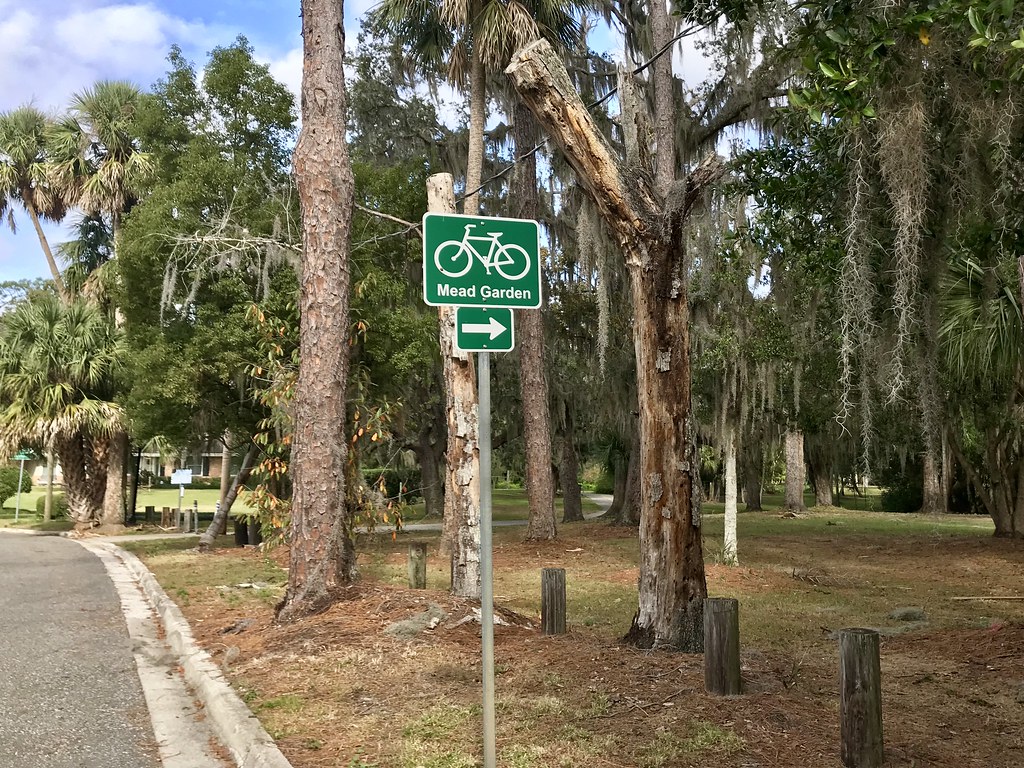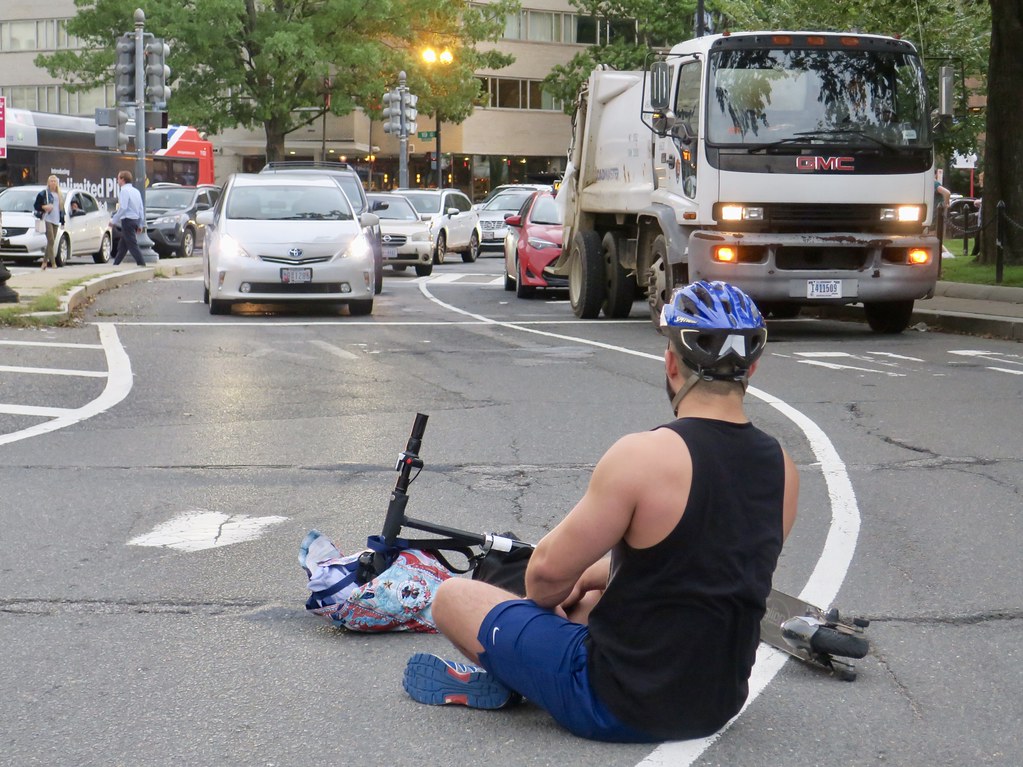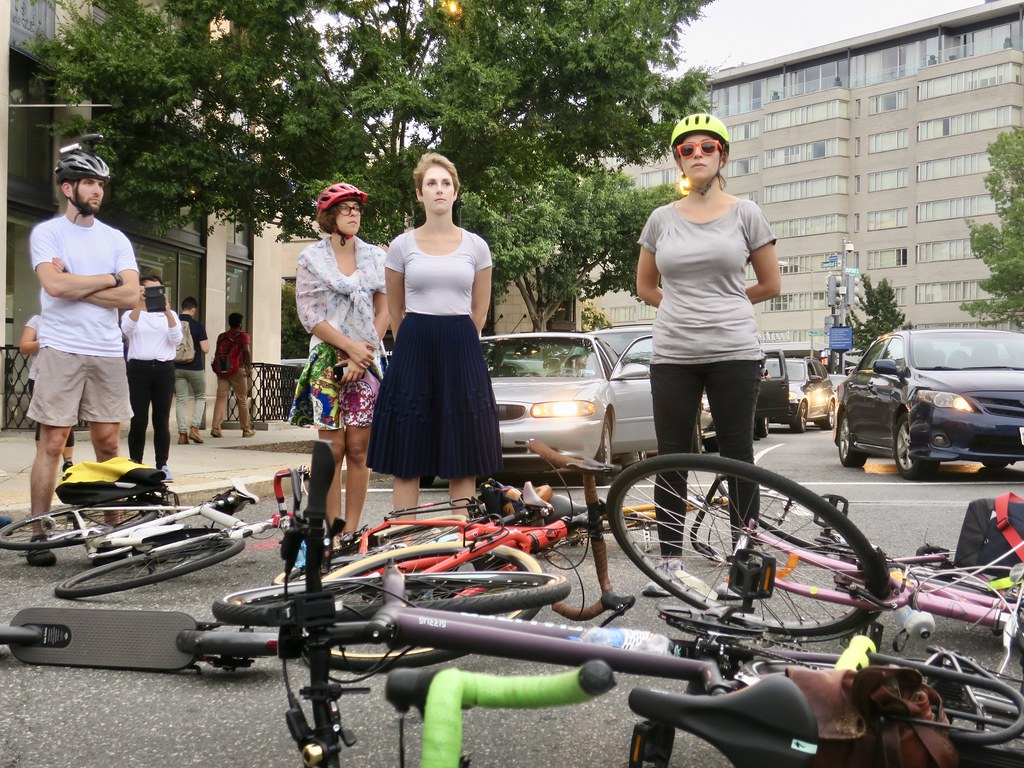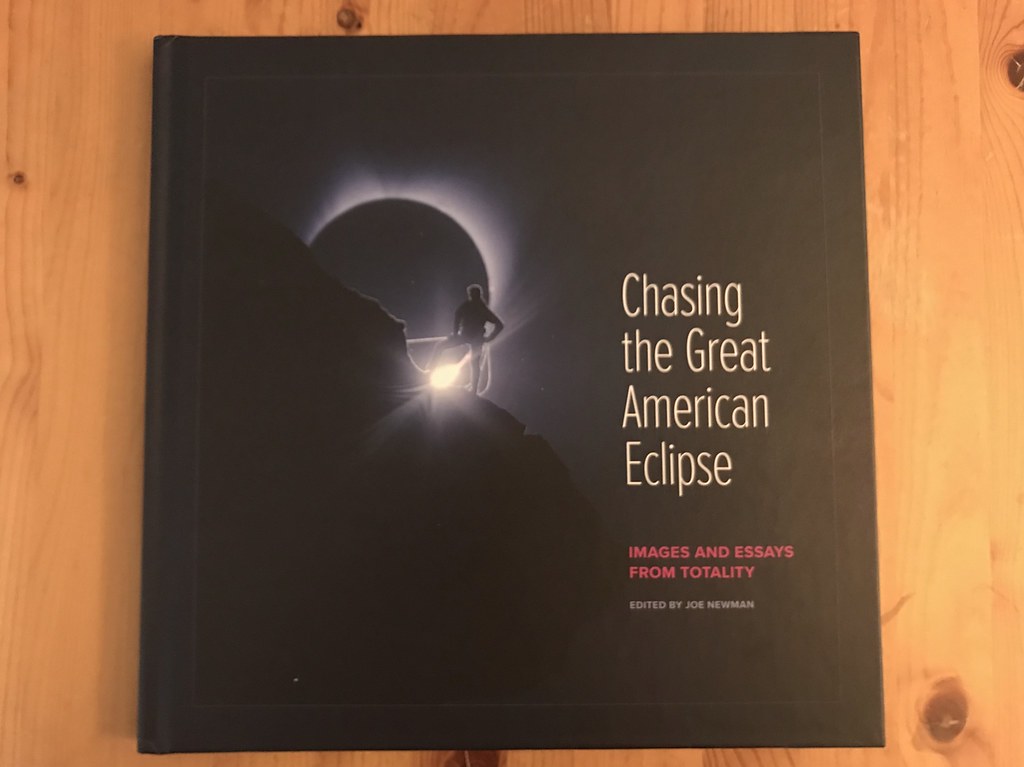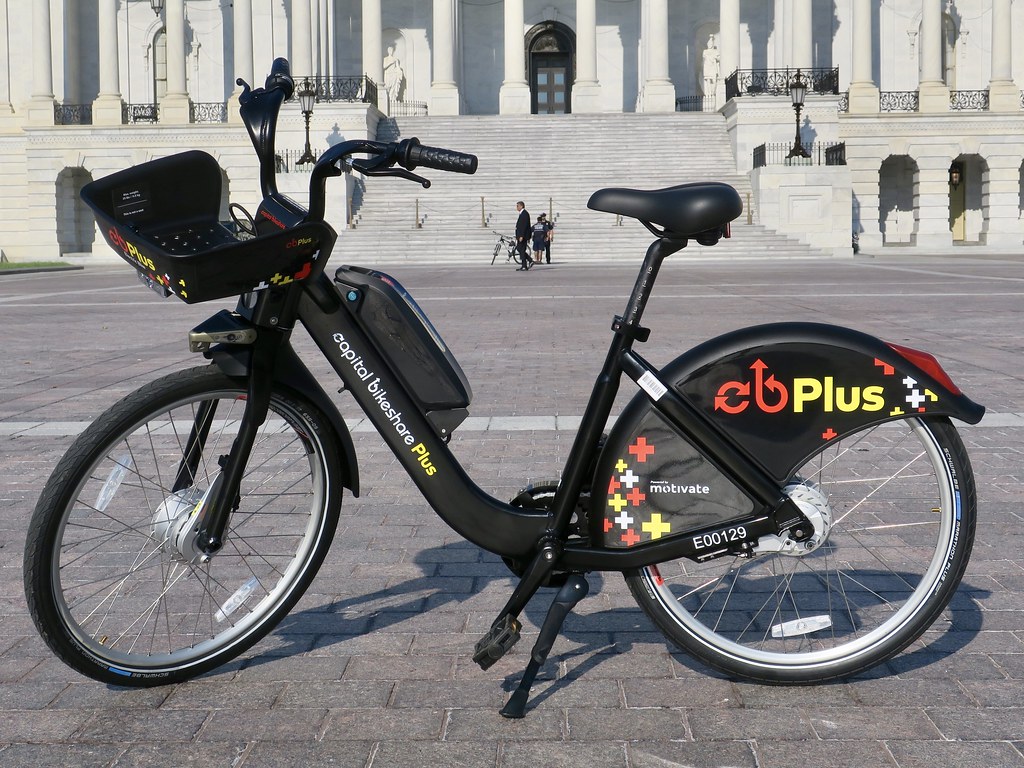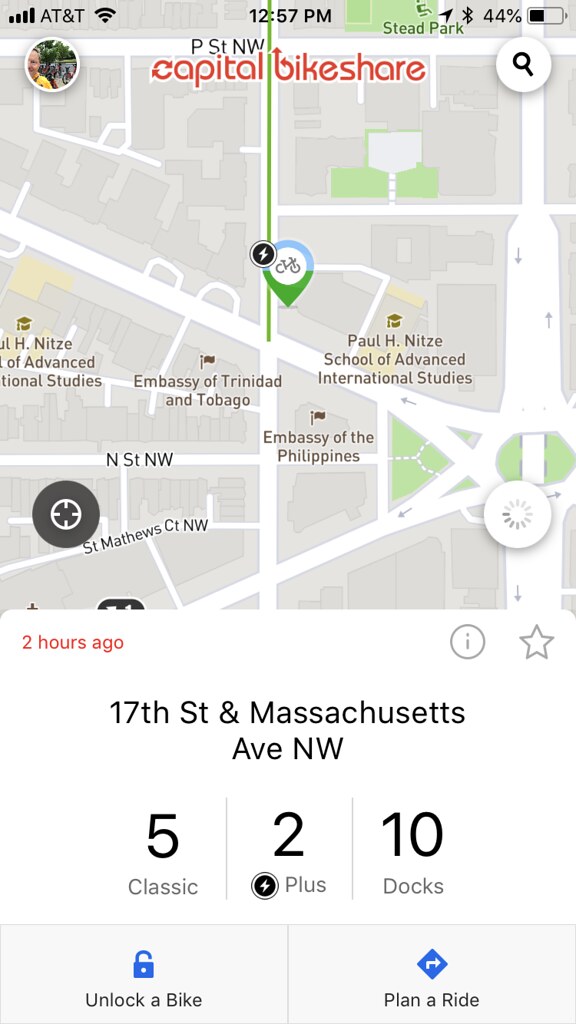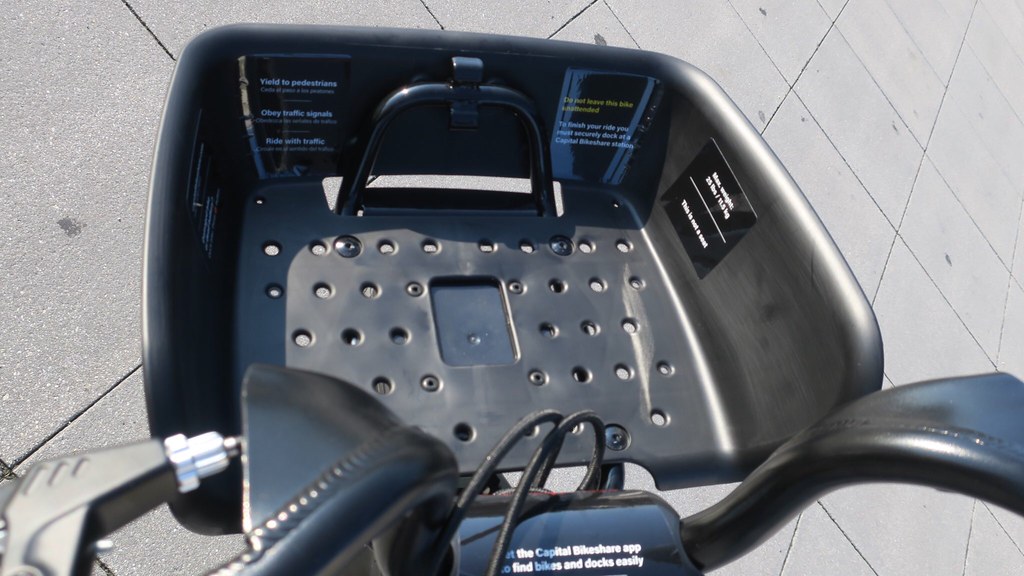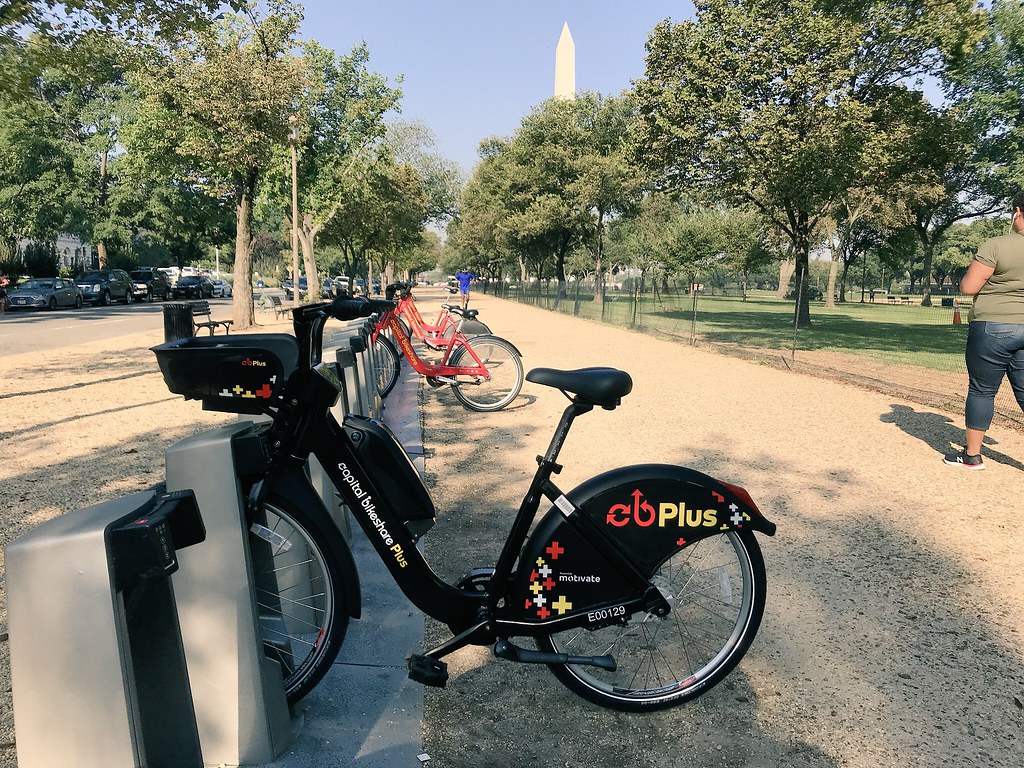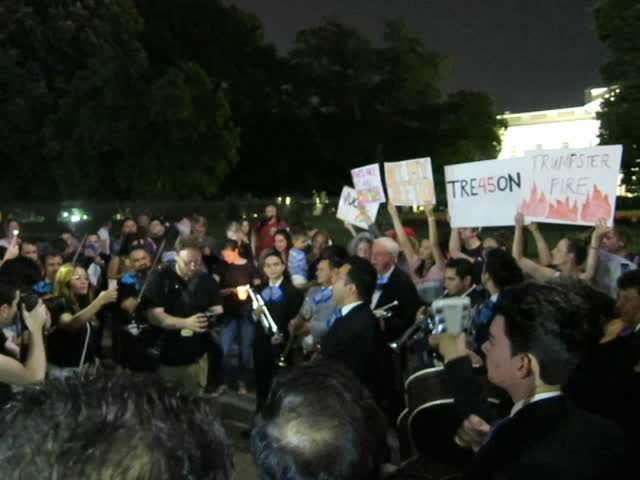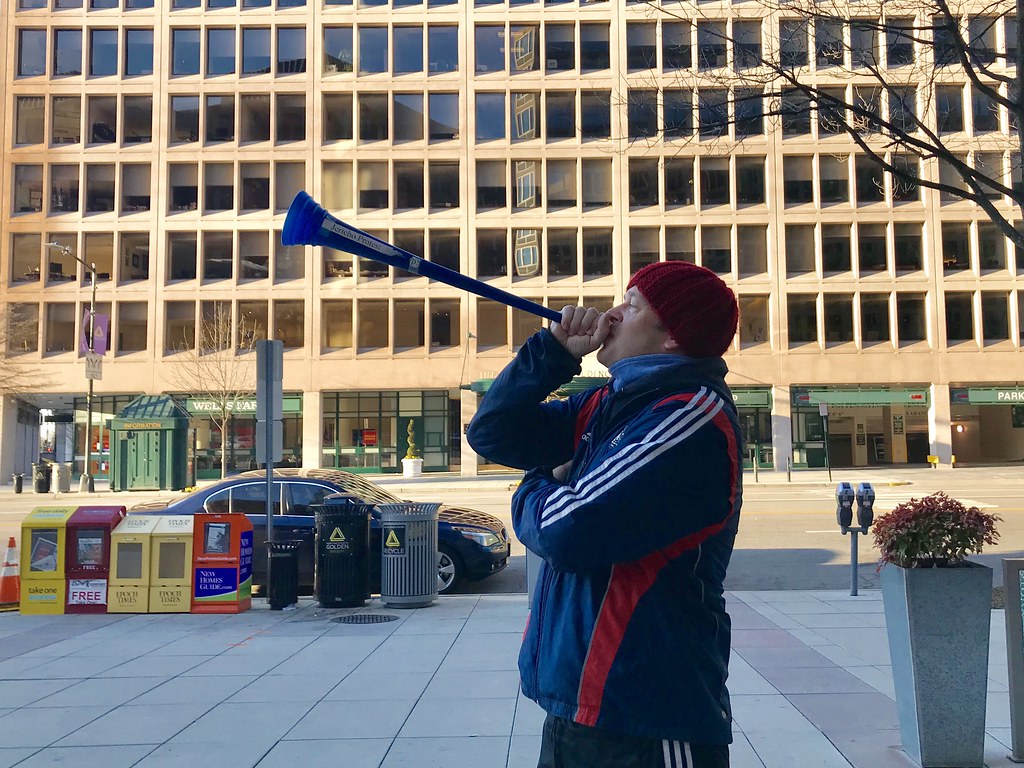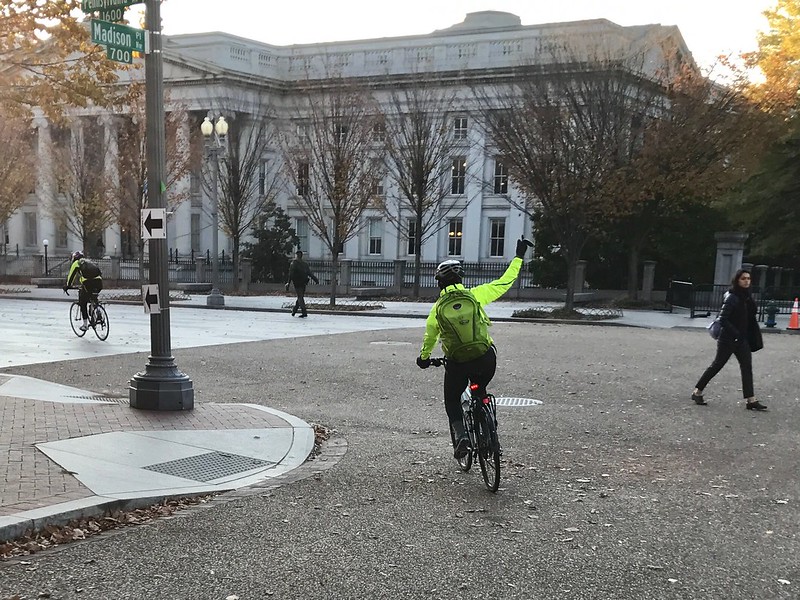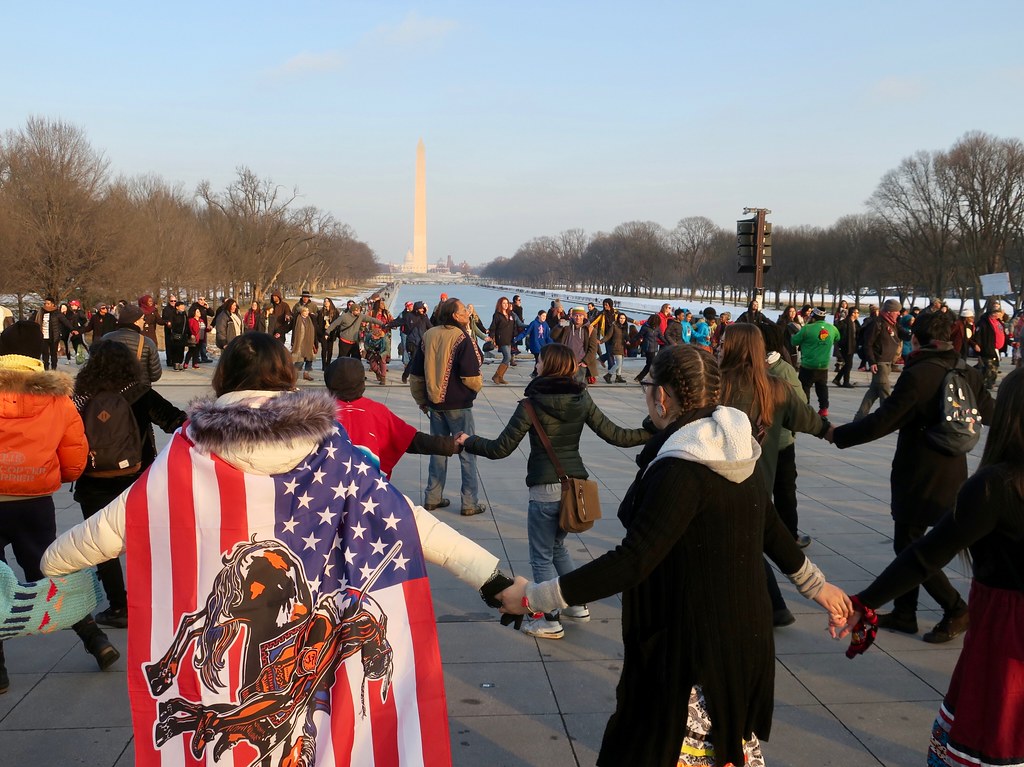
When video surfaced of Covington Catholic teens mocking a Native American at the Lincoln Memorial, I realized that I had missed the encounter by just a few minutes.
After work on Friday, I biked to the Lincoln Memorial desperate to see some sun after days of gloom.
At the memorial, I saw Native Americans (including Nathan Phillips) leading everyone in a giant dance with people holding hands in an ever-expanding circle. Pictured above, it was a beautiful moment seeing how everyone came together.
And a respectful one. Non-natives watched the dance from a few feet away. When invited to join, they did so, the dance expanding outward to accommodate newcomers on the plaza in front of the Lincoln Memorial. A drum played and Phillips sang as I watched this impromptu community demonstrate how we are all one people. Lincoln would be proud.
With all the museums closed due to the Trump Shutdown, there’s not a lot to do in Washington. The outdoor monuments and memorials are some of the few things that are open. The tourists who took part in the Native American dance circle were happy to have this unique experience of a different culture in an iconic setting.
After I left, the Covington Catholic kids came along. While there are innumerable videos and Rashoman-like confusion, one thing is clear: the MAGA teens mocked Phillips. You can see and hear them laughing at him and doing tomahawk chants while surrounding him on the steps of the Lincoln. He’s one elderly man faced off against a sea of youths in Trump gear.
Ironically, they were in Washington for the March for Life. But rather than showing respect for the lives of others, they mocked a Native American elder.
Where were the parents? Supporting them. In the video, you can see the chaperones on the sidelines enjoying the humiliation.
The cruelty is the point is the theme of a great essay by Adam Serwer on the Trump movement. A party that believed in limited government now operates a gulag system across the Southwest for immigrant children.
The Covington Catholic kids chose to wear Trump hats to the March for Life. The purpose of the march was secondary. If any of these callow youth got a girl pregnant, their beliefs would change pretty quickly.
Rather, the march was an opportunity to show the power of the Trump movement in the nation’s capital. With their uniforms and crowds, it was meant to intimidate.
But Nathan Phillips didn’t back down, even as he was jeered. He stood up to hate.
Their behavior exposed, the Covington kids face online humiliation. It won’t last. Like other wealthy men, they won’t suffer for their transgressions.
Ironic that this confrontation occurred under the watchful eyes of Abraham Lincoln. He did more than just free the slaves. He freed all of us from an evil system that poisoned this country, crushing an earlier version of Make America Great Again.
But he is just marble now, his faith and goodness forgotten by a Republican Party that has embraced cruelty.


